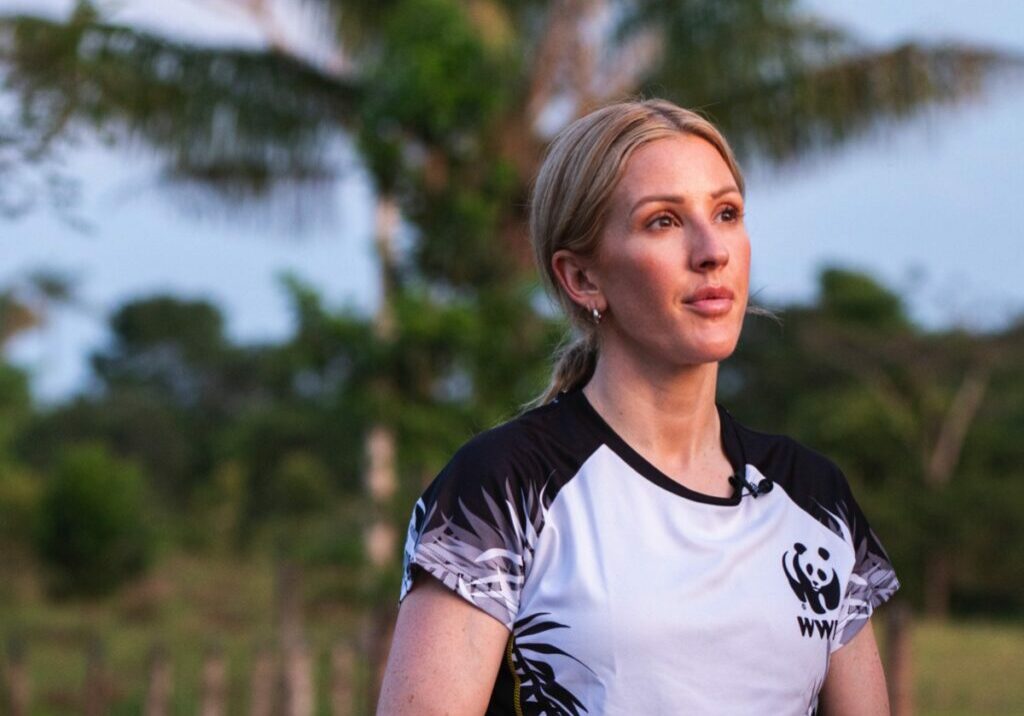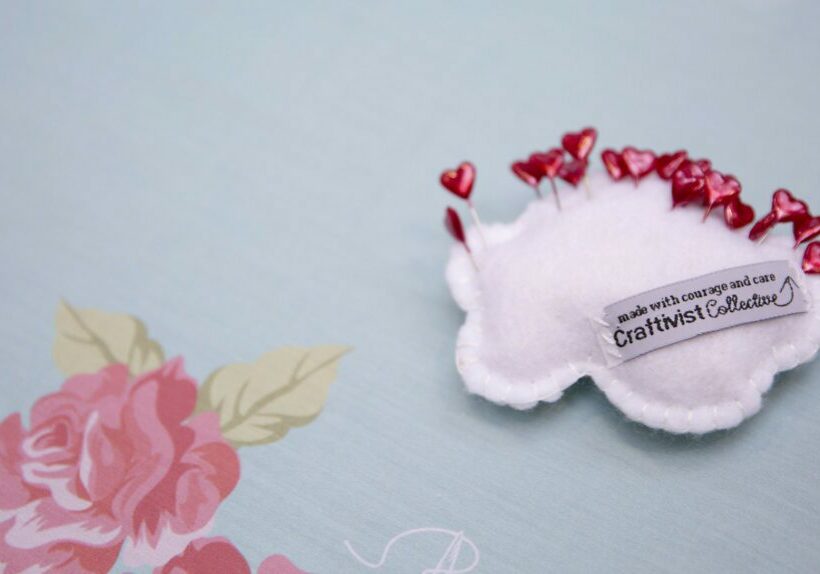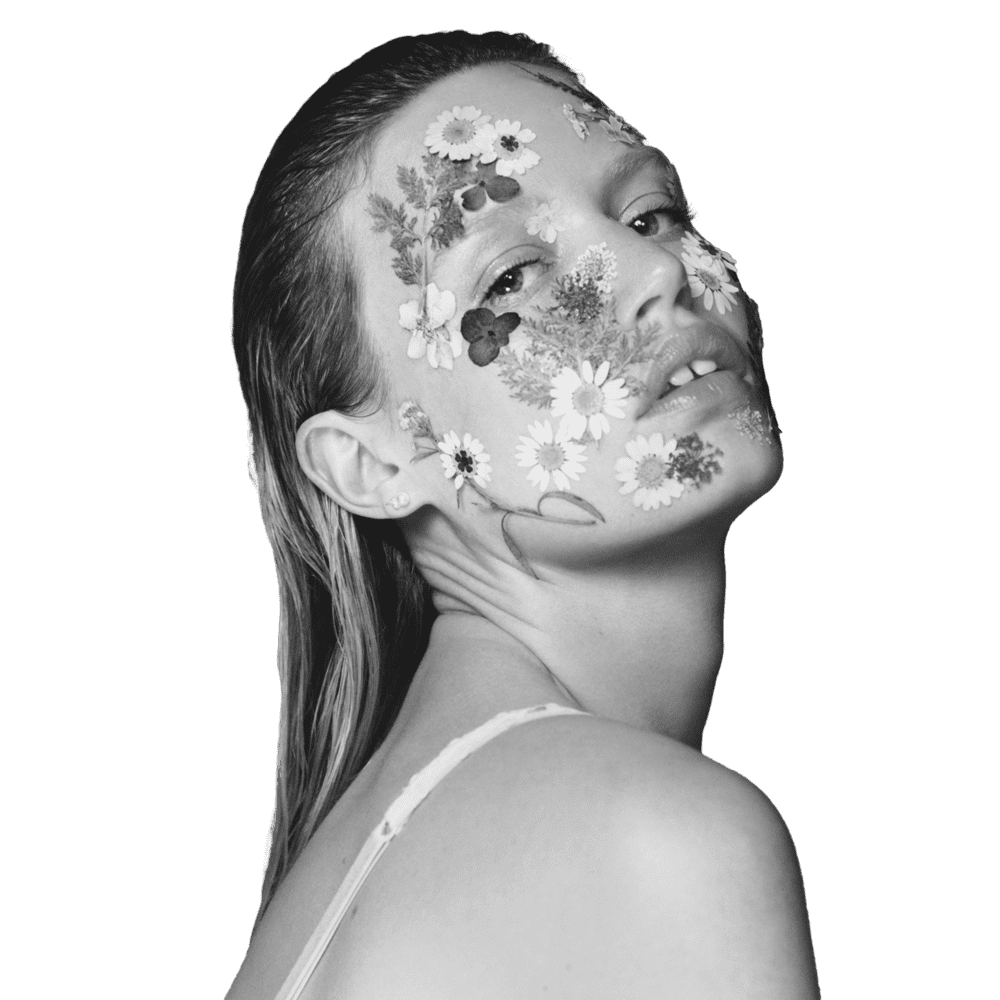
Model and entrepreneur Georgia May Jagger has worked with some of the biggest names in fashion, and appeared in the closing ceremony of the 2012 London Olympics as one of the faces of the UK fashion industry.
Georgia has a long association with WWF, and is donating a percentage of her new skincare range sales to support our work. May Botanicals products are made from organic ingredients and designed to be kinder to skin and the planet.
Georgia’s passion for conservation – with ocean health a particular concern – is reflected in the new range. She tells us why being green doesn’t mean sacrificing style.
When did you first become interested in nature?
My first memory was of being outside in nature. I grew up right by Richmond Park in London so I spent a lot of my childhood outside exploring. I’ve always loved all aspects of nature but animals in particular. I’ve been obsessed with Sir David Attenborough my whole life and watch everything he makes over and over.
Why are oceans important to you personally?
Swimming in the ocean is probably my favourite activity ever. I’ve loved the ocean since I was young, and I was always obsessed by fish and rockpools. I have a lot of lovely memories of swimming with my siblings and family in the ocean when I was younger and snorkelling and seeing new fish for the first time.
What’s the wider importance of oceans?
Oceans produce 50% of the Earth’s oxygen. Life started in the oceans and without them we wouldn’t have air to breathe. They also absorb carbon dioxide. Without healthy oceans we can’t have a healthy world.
Human activities are threatening the health of the world’s oceans. Plastics, urbanisation and the intense use of pesticides in agriculture mean that harmful chemicals and materials flow into rivers from cities and farms, making their way into the oceans and causing terrible pollution.
How do you try to build sustainability into your own life?
I try to think about it in all aspects of my work and home life. One of the things I try and do is think about the excessive packaging. I thought about this a lot when I created May Botanicals. I also think about things that we use on a regular basis, so I try to buy laundry detergent and dish soap in cardboard containers rather than plastic. In general, I try to buy less, and I love vintage clothes.
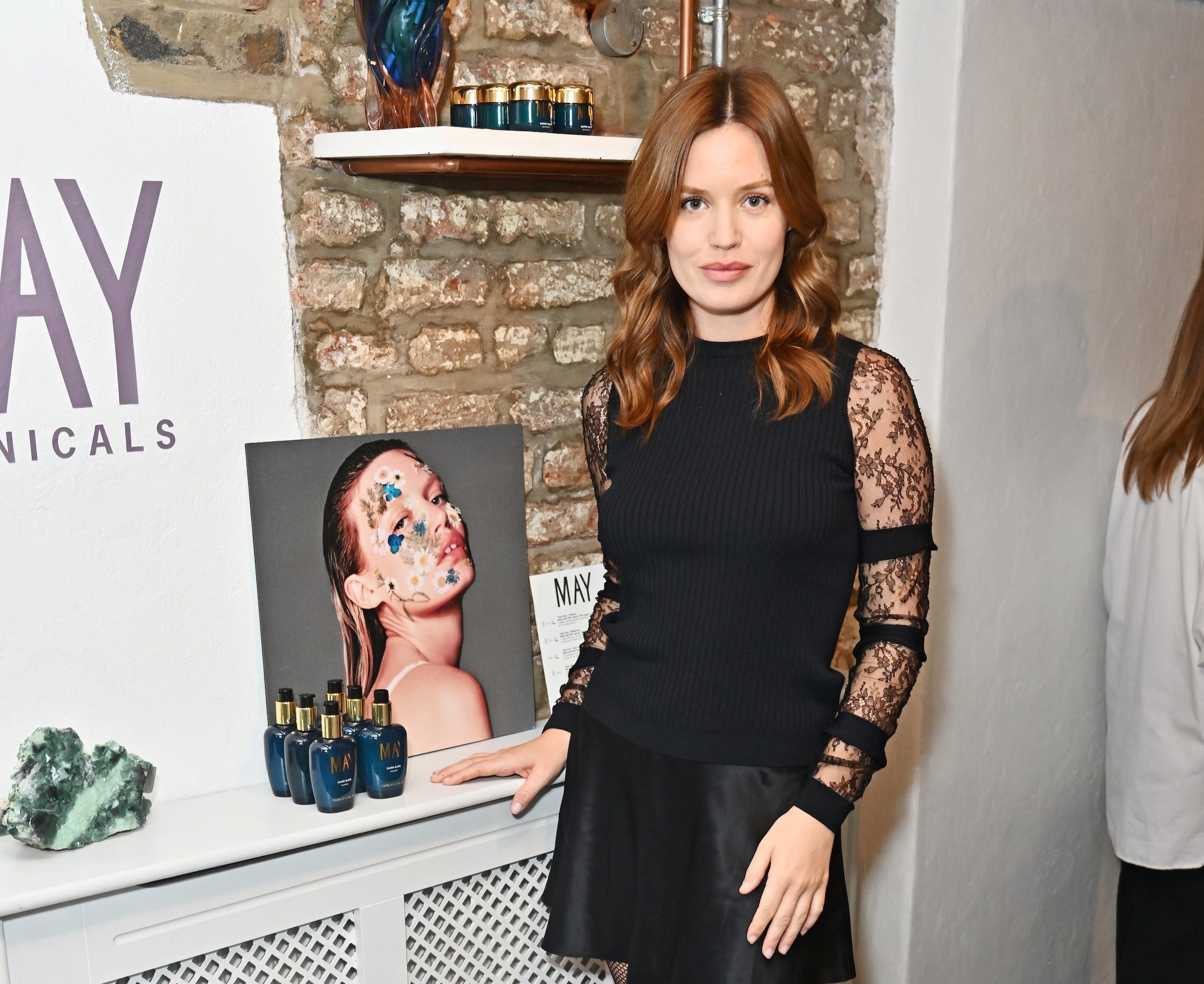
© GETTY
Why was it important to you that your new skincare line was inspired by nature?
Plants are healing, and after I’d suffered from eczema, psoriasis and sensitive skin for years, I used natural products from plants to heal my skin, along with diet changes. So that really inspired me to create something that even people with sensitive skin could use that looks like something you’d want to have on your bathroom shelf.
What green credentials should consumers look for in beauty brands?
I think it’s really important to look for things like the Soil Association stamp and the Leaping Bunny cruelty-free logo, as well as products that are palm-oil-free, and in recyclable and recycled packaging. There are also great apps like Think Dirty where you can look up different skincare products and understand their ingredients.
Is it possible to be stylish and green?
Personally, I believe style is so much more than just having new clothes all the time. You can rework your clothes and buy second hand and still look stylish.
I think things have changed rapidly and there are so many amazing products being made in a more sustainable way. I love material like Econyl which is made from nylon from fishing nets. Even big designer brands like Vivienne Westwood are using sustainable and traceable practices and recycled materials.
Tell us about your relationship with WWF
I’ve always been a supporter of WWF – it was probably the first charity I was ever aware of as my parents would donate to them for my birthday. I’m so honoured to be working closely with them and giving a percentage of profits from May Botanicals products to WWF.
What do you wish people would do more of to protect the planet?
Getting actively involved in local nature-based or community food projects. Working alongside your neighbours, friends or family to bring nature back into your local area is a powerful act that not only helps combat biodiversity loss but also deepens your connection to nature and builds community.
I’ve been planting for pollinators and so has my mum, and planting native plants. If you don’t have a garden you can still do this on a balcony or in a window box. Or do some guerrilla gardening or help out in your local community garden.
Live a sustainable life
Find tips and ideas for everyday sustainability on our My Footprint app
You BANNER IMAGE: © GETTY
More to explore
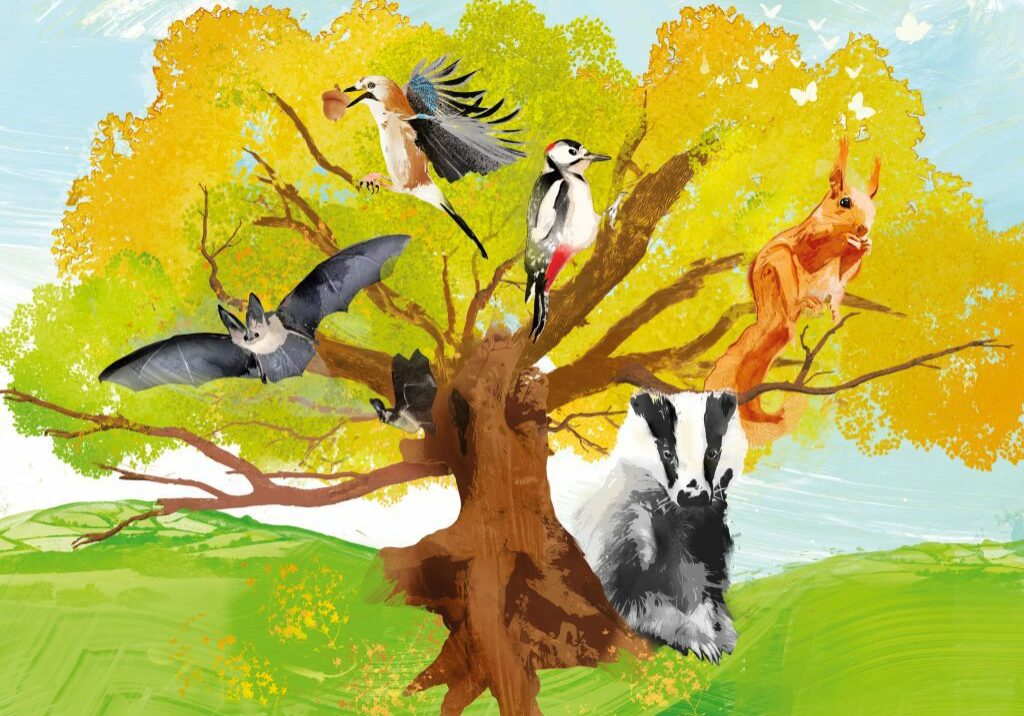
The nature of happiness
Forests are vital to our health and our planet, but over 10 billion trees are felled every year. With your help, we’re working to protect and restore one trillion trees
